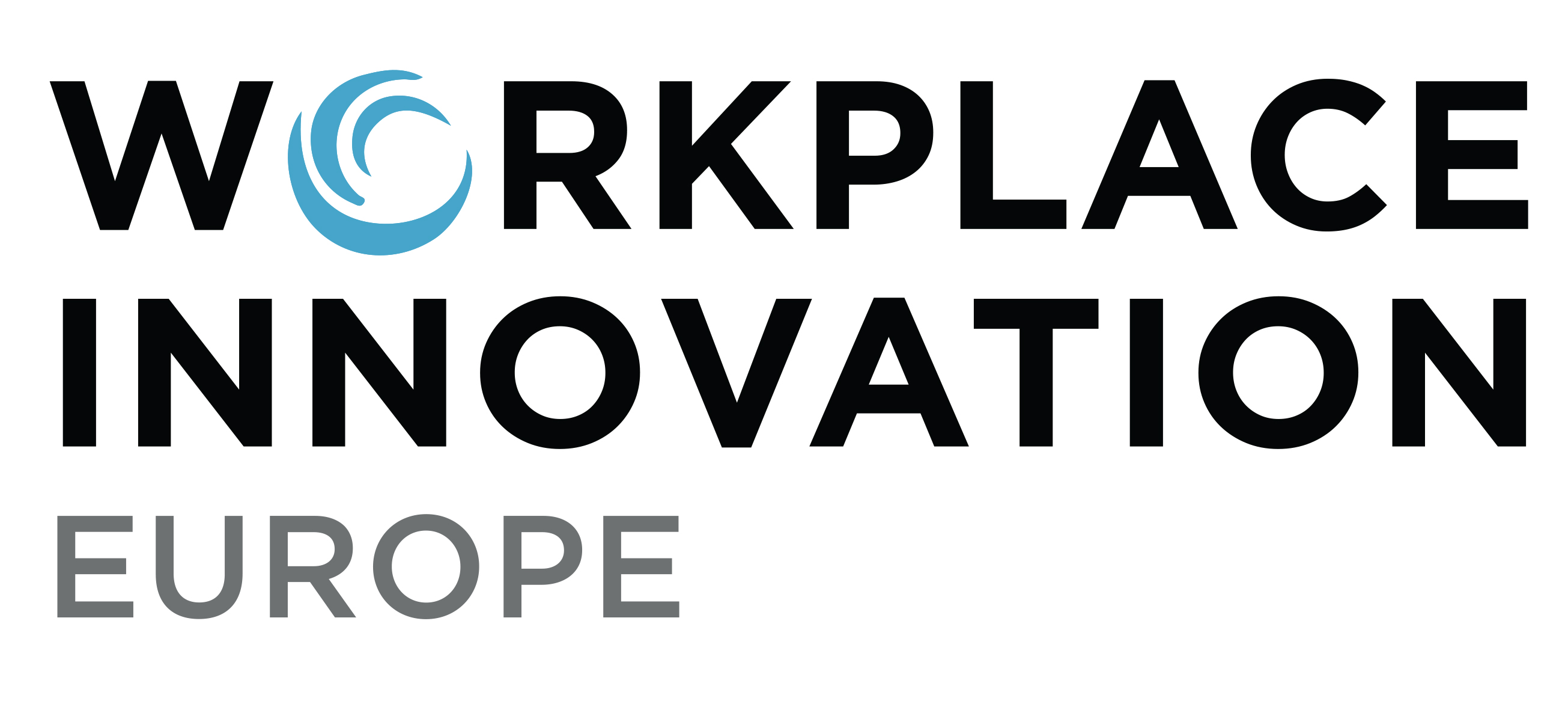LEADING IN TROUBLED TIMES
The Checklist
We’ve published a series of articles on how leaders and managers can avoid social isolation and engage their people in working towards success in the post COVID-19 world. You can read the full series here.
Social media is full of advice about how to manage remote working and survive the crisis, much of it quite trivial.
We take a different line: business leaders and managers at every level must seize the current opportunity to take a long, hard look at their organisations and cultures, to engage workforces in reinventing dysfunctional ways of working, and be ready to leap ahead when the moment comes.
Everything we know from decades of research evidence and practical experience about what makes a productive, innovative and healthy organisation cannot be put on hold until the end of the crisis. On the contrary, it is more important now than ever.
Right now, this body of knowledge and experience can help you assess how your teams are adjusting to home working and then reinforce those practices which can help make it as positive and productive an experience as possible.
Our Checklist is based on recent insights from experts and business leaders:
- Ensure that people’s jobs offer them new challenges and opportunities to learn when they’re working remotely – avoid repetitive work as far as possible if you want to keep them engaged.
- Sustain and build team cohesion. Many companies are using morning ‘welcome to work’ meetings to involve everybody in planning and scheduling the day’s activities, plus evening ‘thank you’ meetings to review progress. Delegating problem solving to team members provides good opportunities for peer-to-peer contact using video technologies and avoids a sense of isolation.
- Develop online ideation platforms where people can share experiences, identify improvements to products, services and processes, and work on the innovations that will help to position companies for success once the crisis is over. Recognise that the best ideas come through collaboration, so give people the opportunity to think creatively together online.
- Measure what matters: not when people clock on and off, but what they actually contribute during the week.
- Enable line managers to develop the coaching skills that will help people perform as well as possible in these difficult circumstances – not try to police and micromanage them.
- Be clear and open about the company’s position and challenges. Share information and challenges, and canvas employee ideas before reaching difficult decisions.
Be aware of your own state of mind as a leader, and understand that your behaviours and actions will have a major impact across the entire workforce. Use this opportunity to invest in building your own emotional intelligence and resilience so that you can lead your people into a better future.
We’re offering our Newsletter subscribers the Workplace Innovation Diagnostic® and Workplace Innovation Practitioner Programme at a 15% reduction on published prices until Monday 20th April, helping businesses establish a base point for re-engaging their workforce in the current challenging circumstances.
